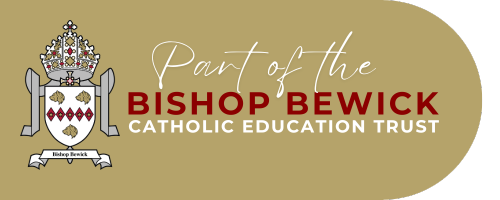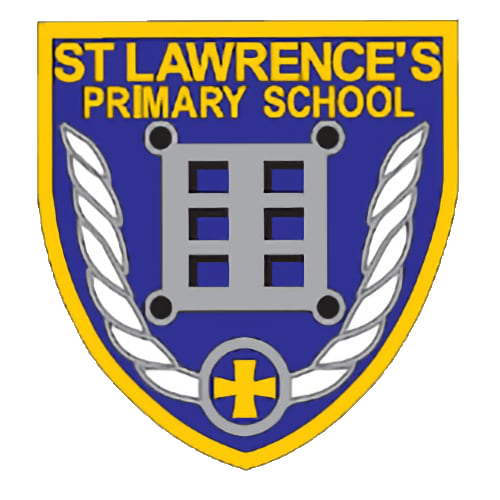
SCIENCE
SCIENCE
INTENT:
The intent of the Science curriculum is to give children a curiosity about the world around them and a thirst for knowledge to understand how things work. We aim to do this by giving the children the vocabulary, language and experiences that they typically lack when they come into our school. We seek to maintain and improve a rich, broad and balanced curriculum – giving opportunities for them to write and use mathematical skills. We hope to provide them with worthwhile subject content that will inspire them to take an interest in Science as they move forward with their education and into adulthood. We also help to give them the knowledge to stay safe in the urban environment they live in.
We see the pupils as ‘blank canvasses’ that need to be filled with scientific wonder and knowledge through a number of avenues: exciting lessons; horizon-broadening trips and real-life visitors who can demonstrate how science is used in jobs/real-life situations. We also attempt to engage children by highlighting how science influences their daily lives at home and in school.
Finally, we use the Science curriculum as an opportunity to help pupils stay safe, be that through exploring the dangers of using cigarettes or drugs on their bodies, to showing how children can use electrical equipment safely or keep away from near-by Metro lines that have dangerously high voltage running through them.
IMPLEMENTATION:
We aim to progress the subject through steadily acquiring skills and knowledge. We do this by ensuring teachers are aware of what is expected in each unit.
What do children know about this unit – what would they like to know?
At least one science experiment/investigation.
Evidence of some mathematical link ie bar charts or calculations.
Evidence of factual learning ie How many days does it take the Earth to orbit the Sun? What are the chambers of the heart called?
At least one piece of ‘Big Writing’ which incorporates the factual learning, usually used towards the end of a unit to show progress.
Choosing the appropriate skills from the National Curriculum for each unit.
As previously mentioned a visit outside of school or visitor into class is also expected, which also helps make science memorable. We have a science afternoon every year for KS1 & then KS2 where staff each runs a science experiment over 5 minutes for a small group using household products to show how our lives are surrounded by science. Again, this ensures Science is seen as an exciting part of the curriculum. Families have seen ‘Street Scientists’ from Newcastle University regularly perform at our school fairs.
IMPACT:
Over the past two years we have seen a real increase in the profile of Science in the school. Children during lessons and visits are using scientific language more effectively and keen to ask more ‘wonder-based’ questions, whilst relating knowledge to real-life situations. The opportunity to carry-out hands-on investigations means pupils actively look forward to Science lessons and are keen to go on science-based visits or receive visitors into the classroom. Staff are also aware that our strong knowledge-based teaching needs to be underpinned by the skills set-out in the curriculum. This is an area we are working on, in particular with relation to investigations and experiments, so our children have the building blocks they need to enjoy science and potentially use it as part of a career in the future.


